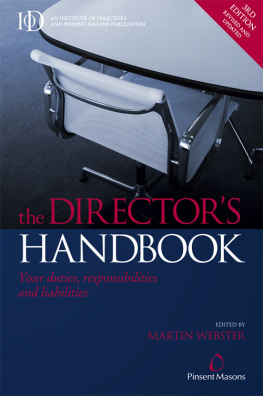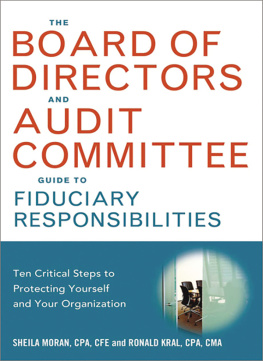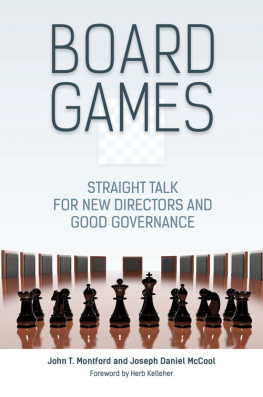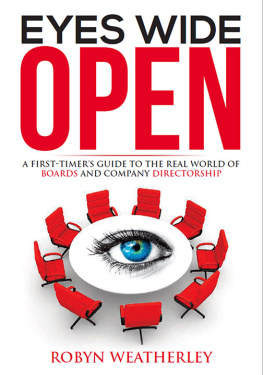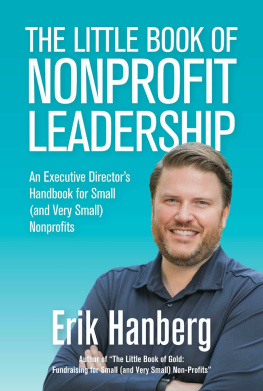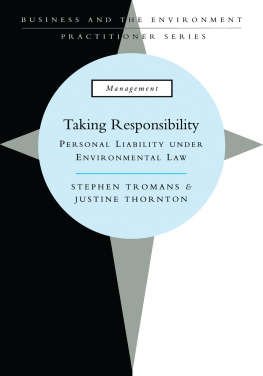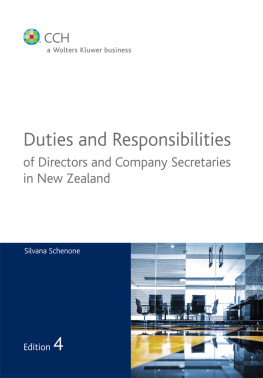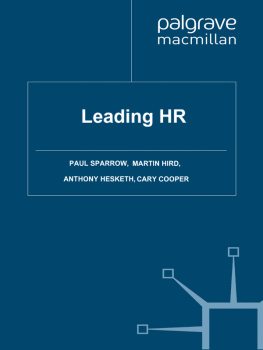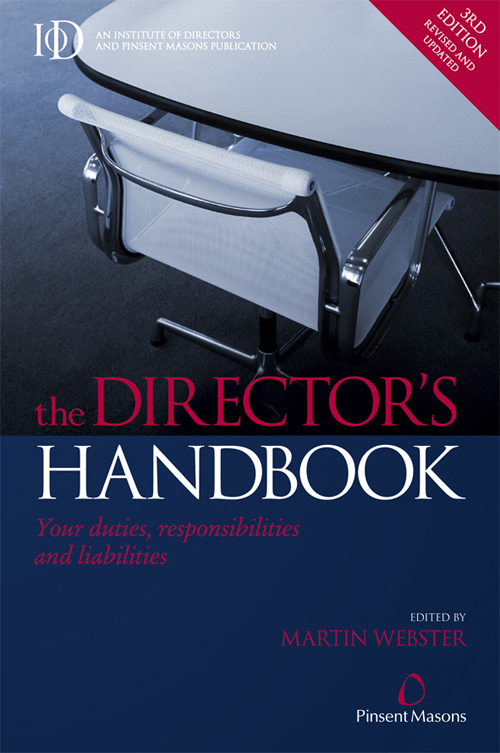Pinsent Masons is an international law firm delivering solutions that enable its clients to meet their commercial objectives. With over 270 partners and a total legal team of 1,000 lawyers worldwide, we can offer full support to growing businesses and established corporates.
A fundamental commitment to delivering good client service has led the firm to invest in building strength in all the areas of law that are key to business. This expertise is overlaid with significant experience in a number of market sectors, providing it with a more immediate understanding of the regulatory burdens and liabilities faced by those operating in different industries.
It is Pinsent Masons depth of knowledge of these sectors and strength of commitment to them, both in the United Kingdom and overseas, that distinguishes the firm, enabling it to give advice that is appropriate to both sector and circumstances.
The IoD supports, represents and sets standards for directors. It is a non-party-political business organisation founded in 1903 and granted its Royal Charter in 1906.
Membership includes leaders from the complete spectrum of business from media to manufacturing, e-business to the public sector. Members include CEOs of large corporations as well as entrepreneurial directors of start-up companies. They are represented in 92 per cent of FTSE 100 companies, but 70 per cent are directors of small and medium-sized enterprises.
The IoD offers a wide range of business services including business centre facilities across the United Kingdom and on the Continent, conferences, networking events, publications and information services. It provides authoritative representation of the interests of business to government and policymakers, enabling business leaders views to be influential in the development of public policy.
A key objective of the IoD is to promote professionalism in the boardroom. It has established a certified qualification for directors Chartered Director and runs specific board- and director-level training and individual career mentoring programmes.
For more information call 020 7766 8888 or visit www.iod.com.
Note on the Ebook Edition For an optimal reading experience, please view large
tables and figures in landscape mode. |
This ebook published in 2011 by
Kogan Page Limited
120 Pentonville Road
London N1 9JN
UK
www.koganpage.com
The Institute of Directors and Pinsent Masons LLP, 2005, 2007, 2010
E-ISBN 978 0 7494 6284 0
Contents
In compiling the third edition of this book, I have had the help of several expert authors. Chapters that have been written by my colleagues at Pinsent Masons include:
Service contracts Robert Mecrate-Butcher
Remuneration issues Rory Cray
Pensions Nicola Bumpus and Alastair Meeks
Health and safety and corporate manslaughter Kevin Bridges
Financial difficulty and insolvency Jonathan Jeffries and Dawn Allen
I am grateful for other valuable material from Alan Davis, Tim Dolan, Liz Morgan and Kizzy Augustin and indeed for the help and support of all my partners and colleagues at the firm.
Tom Nashs enthusiasm for the project has been an enormous encouragement throughout and his wise counsel and gentle handling of a sometimes stressed author have proved a great help. Caroline Prouds formidable sub-editing skills and willingness to challenge our first thoughts once again brought a welcome clarity and brevity to both our thinking and the text.
Martin Webster
Pinsent Masons LLP
London, February 2010
The credit crunch has placed an even stronger spotlight on the role of boards. Questions have been raised about how they function and about the regulatory framework surrounding them.
The Financial Reporting Councils consultation on the Combined Code showed strong and widespread support for the view that the UK governance model works and that the comply or explain regime is the right approach. At the same time, however, it highlighted the belief that weaknesses in the performance of some boards played a part in the financial crisis and that more active and professional governance needs to be the standard for the future.
Due diligence, induction and evaluation by, for and of directors have therefore increased in importance and seriousness. Directors should be fully aware of their responsibilities and they should be confident in discharging them. This handbook will help on both counts.
The environment directors operate in continues to be dynamic.
Some modest changes in the Code are intended to increase transparency and accountability to shareholders, while discussions on a Stewardship Code are intended to place a parallel emphasis on engagement by investors with boards. For banks, the Financial Services Authority is also taking a more active approach to the authorisation of board members, and imposing further sector-specific governance requirements, notably the creation of a risk committee in addition to, and distinct from, the audit committee. But on all boards, committee work is becoming more important and demanding. Many major companies are creating new committees to focus on environmental; social responsibility; health and safety issues, while audit work is increasing.
The challenges facing remuneration committees are also becoming greater. The credit crunch exposed some misalignment between executives and shareholders in the design of remuneration schemes, and caused more questions to be asked about the size of executive pay packages, particularly but not exclusively in the financial sector. At the same time, however, the pressure for multiple performance criteria in remuneration schemes has increased complexity to the point where incentives are often obscured or blunted. Institutional investors are voting more actively on remuneration issues, and are urging more frequent election of some or all directors to give them the opportunity to express their discontent.
Shareholders expect boards to identify and manage risk, set the risk tolerance level for the company, explain the business model and, increasingly, also be aware of their wider social responsibilities. With all these requirements go expectations that they can produce annual reports that are clear and concise yet comprehensive.
Meanwhile, the development of accounting standards poses its own challenges for directors, and the framework of law puts them at risk on a wide range of issues, not least anti-competitive behaviour.
With all these demands, it may seem surprising that people are still willing to take on the role of non-executive director. Clearly, some are thinking very hard before agreeing to join a board. And so they should. But with proper preparation, and continuing attention, the role of the director is still a fascinating one and involvement in either the creation of a successful business or the turnaround of an unsuccessful one can give great personal satisfaction.
I have now sat on a wide range of corporate boards and can give personal testimony to this.
I hope this handbook will help you to enjoy your role, too!
Sarah Hogg
Chairman, Financial Reporting Council
The vast majority of directors know that for their businesses to succeed they need to combine entrepreneurialism and risk taking with professionalism and expertise. That means complying with the law and following best practice.

